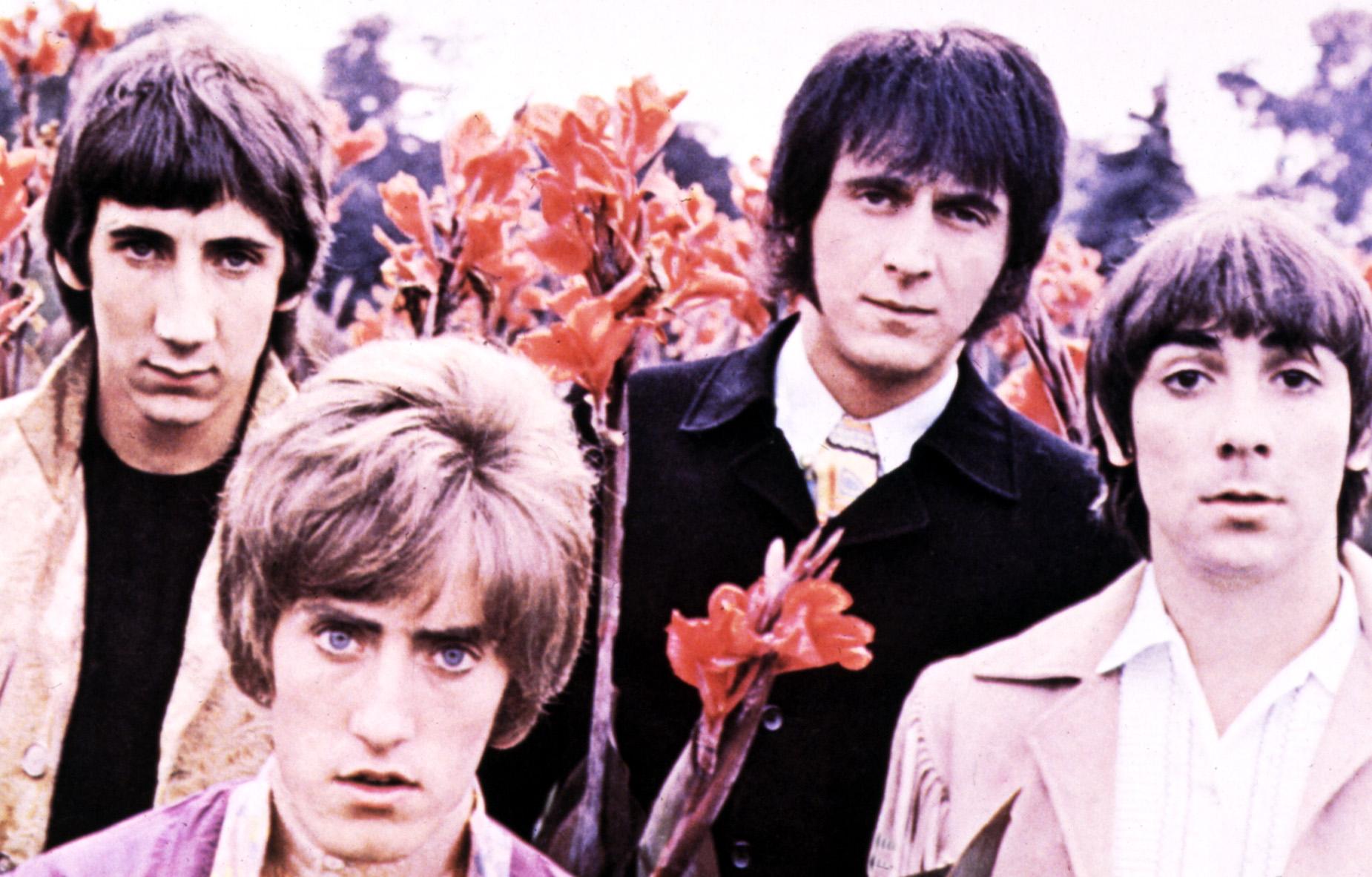“Baba O’Riley” – The Who

Released in 1971 as the opening track of The Who’s album Who’s Next, “Baba O’Riley” is a landmark song in the history of rock music. Written by Pete Townshend and produced by The Who and Glyn Johns, the song stands out for its innovative use of synthesizers, its epic structure, and its profound lyrical content. It represents a pivotal moment in the evolution of rock music and continues to be celebrated for its groundbreaking sound and enduring impact.
Musical Composition and Style
“Baba O’Riley” is renowned for its distinctive and pioneering use of the synthesizer, which was relatively new in rock music at the time. The song opens with a mesmerizing synthesizer loop, creating a soundscape that is both futuristic and nostalgic. This electronic introduction sets the stage for the powerful rock arrangement that follows. The track features a driving rhythm, dynamic guitar riffs, and a soaring vocal performance by Roger Daltrey. The blend of synthesizers and traditional rock instrumentation creates a unique and layered sound that is both expansive and intricate. The song’s structure, with its extended instrumental passages and shifting dynamics, reflects The Who’s experimental approach to rock music.

Lyrics and Themes
The lyrics of “Baba O’Riley” are often interpreted as a commentary on youth and disillusionment in the face of societal upheaval. The title, which is a combination of the names of Indian spiritual leader Meher Baba and American composer Terry Riley, reflects Pete Townshend’s interest in spirituality and minimalism. The song’s chorus, with its refrain “Don’t cry / Don’t raise your eye / It’s only teenage wasteland,” captures a sense of resignation and yearning amidst a backdrop of societal disillusionment. The lyrics convey themes of youthful rebellion, the search for meaning, and the impact of a rapidly changing world. The juxtaposition of these themes with the song’s uplifting musical arrangement creates a powerful and emotionally resonant experience.

Cultural Impact and Reception
“Baba O’Riley” achieved significant critical and commercial success, becoming one of The Who’s most iconic songs. Its innovative use of synthesizers and its epic musical structure helped define the sound of early 1970s rock. The track’s success was bolstered by its airplay on radio and its presence on music charts. “Baba O’Riley” remains a staple of classic rock playlists and continues to be celebrated for its groundbreaking sound and enduring appeal. The song’s influence extends beyond its initial release, as it has been covered and adapted by numerous artists across various genres.

Legacy and Influence
The legacy of “Baba O’Riley” lies in its role as a groundbreaking track that helped shape the future of rock music. The song’s innovative use of synthesizers, its epic structure, and its blend of rock and electronic elements have inspired countless musicians and contributed to the evolution of rock music. Its enduring popularity is a testament to its impact and influence, and it continues to be a touchstone for fans and musicians alike. “Baba O’Riley” serves as a testament to The Who’s creativity and their ability to push the boundaries of rock music.

Conclusion
The Who’s “Baba O’Riley” is a revolutionary and enduring track that exemplifies the best of early 1970s rock music. Through its innovative use of synthesizers, epic musical structure, and profound lyrical content, the song captures the spirit of youthful rebellion and societal change. Its commercial success and lasting influence highlight its significance in The Who’s career and its contribution to the broader music landscape of the era. “Baba O’Riley” remains a landmark song that continues to resonate with audiences and inspire musicians around the world.











